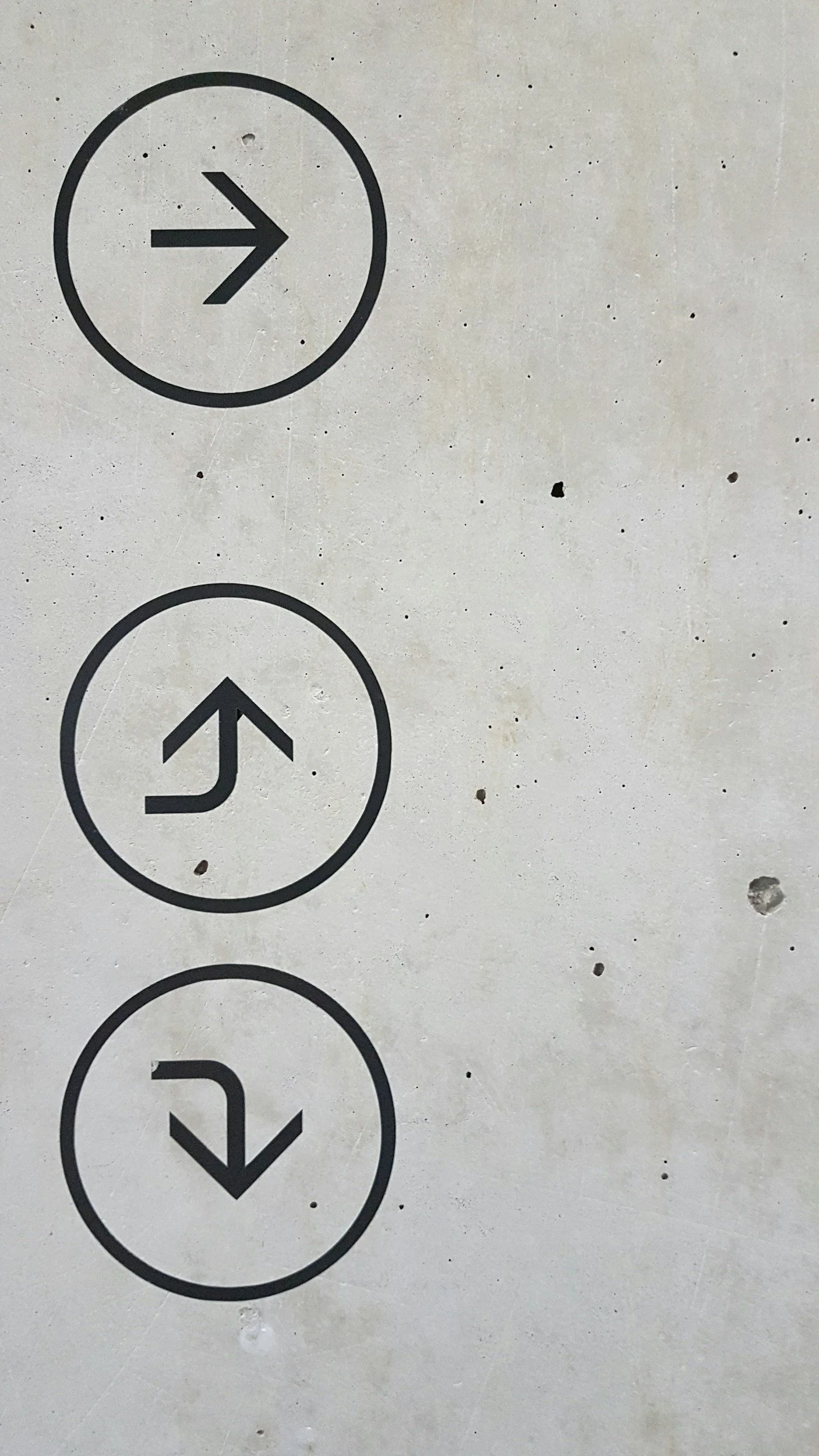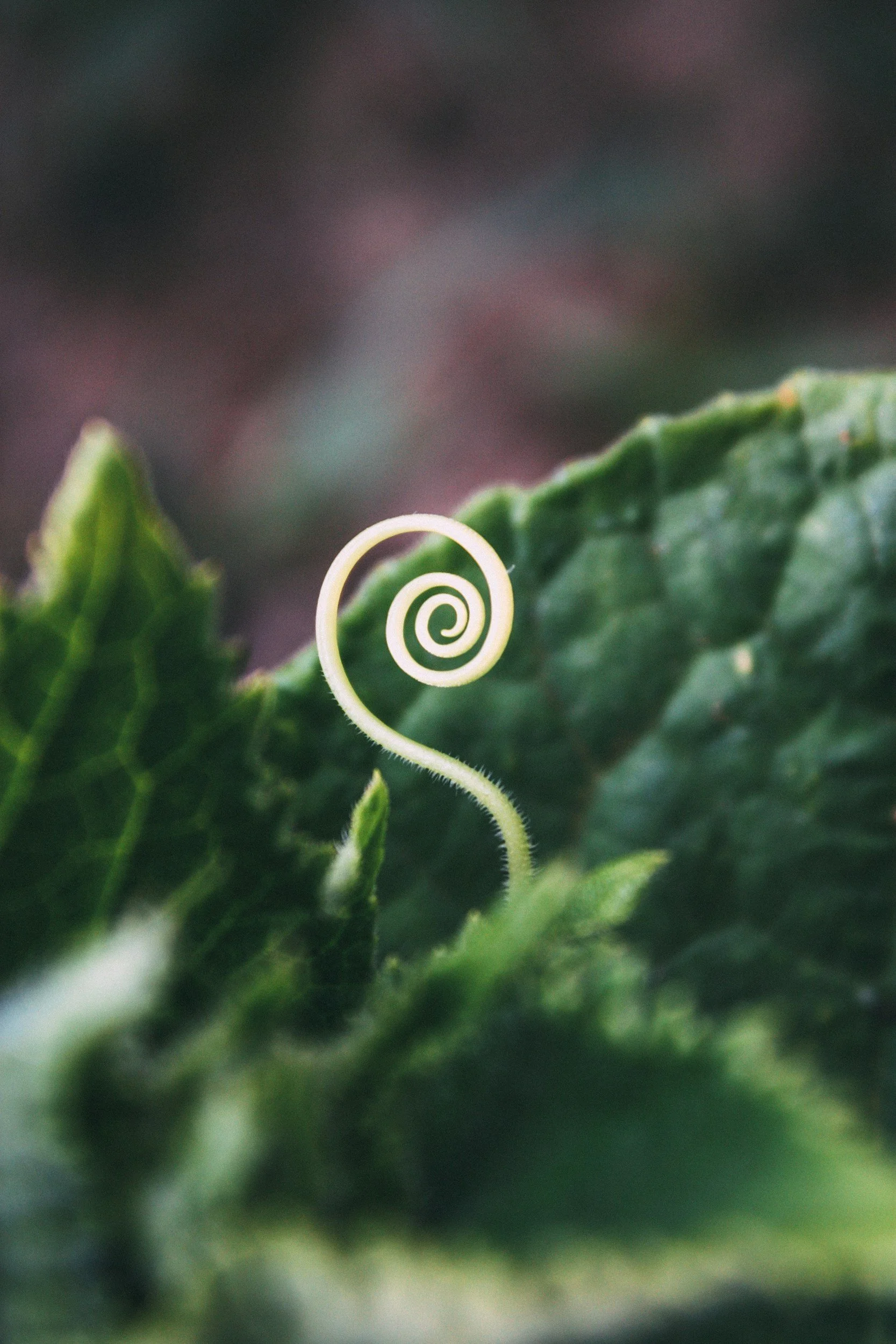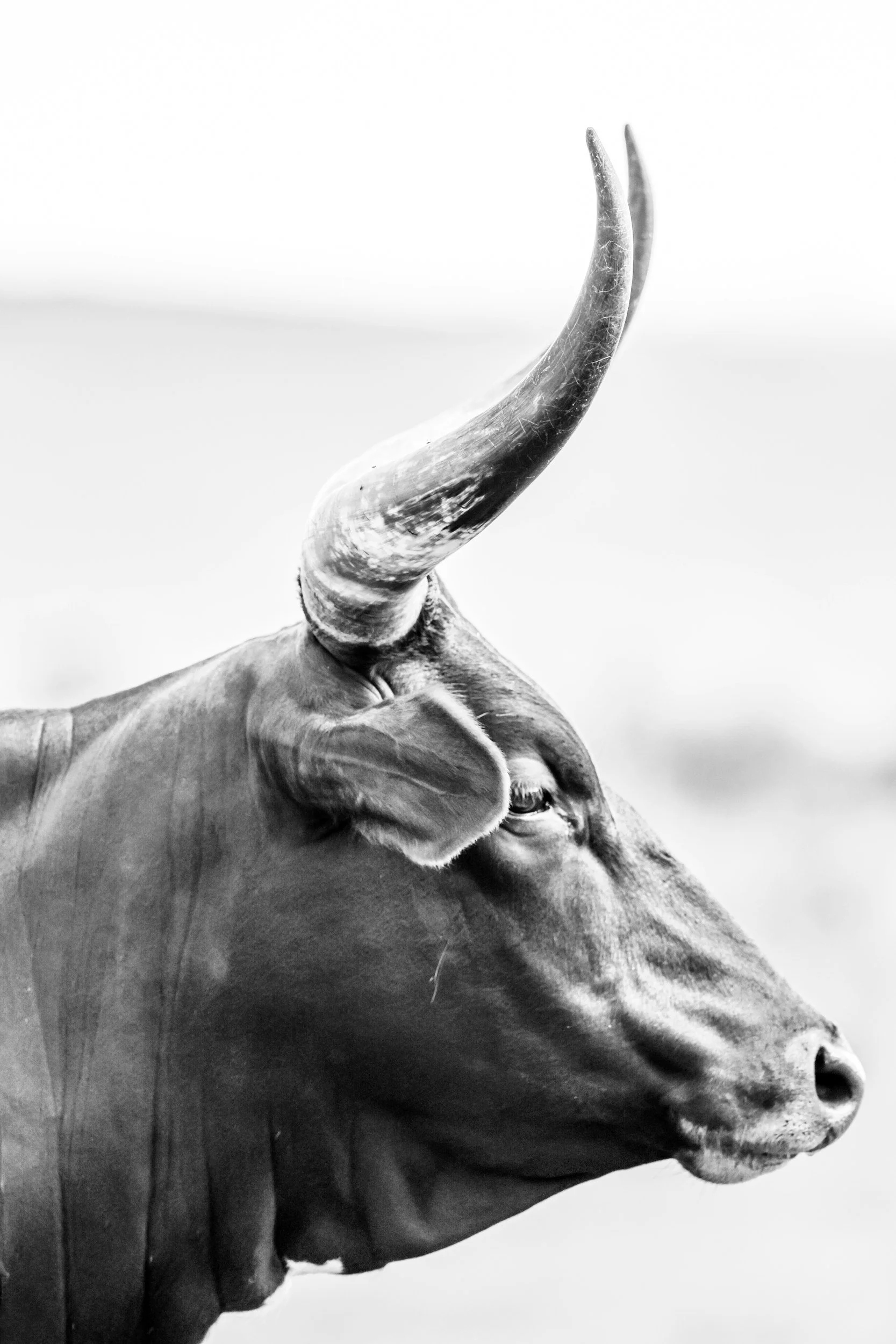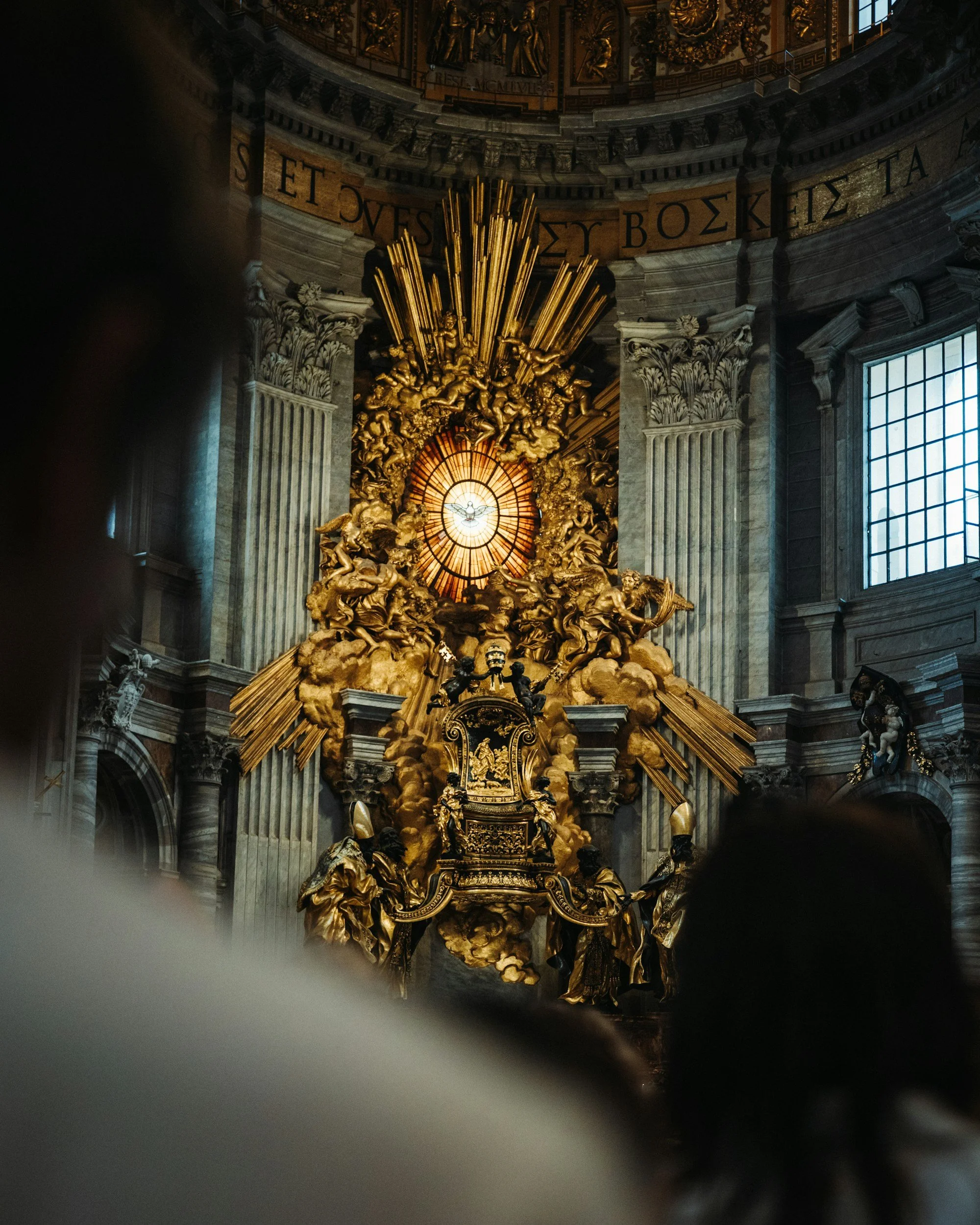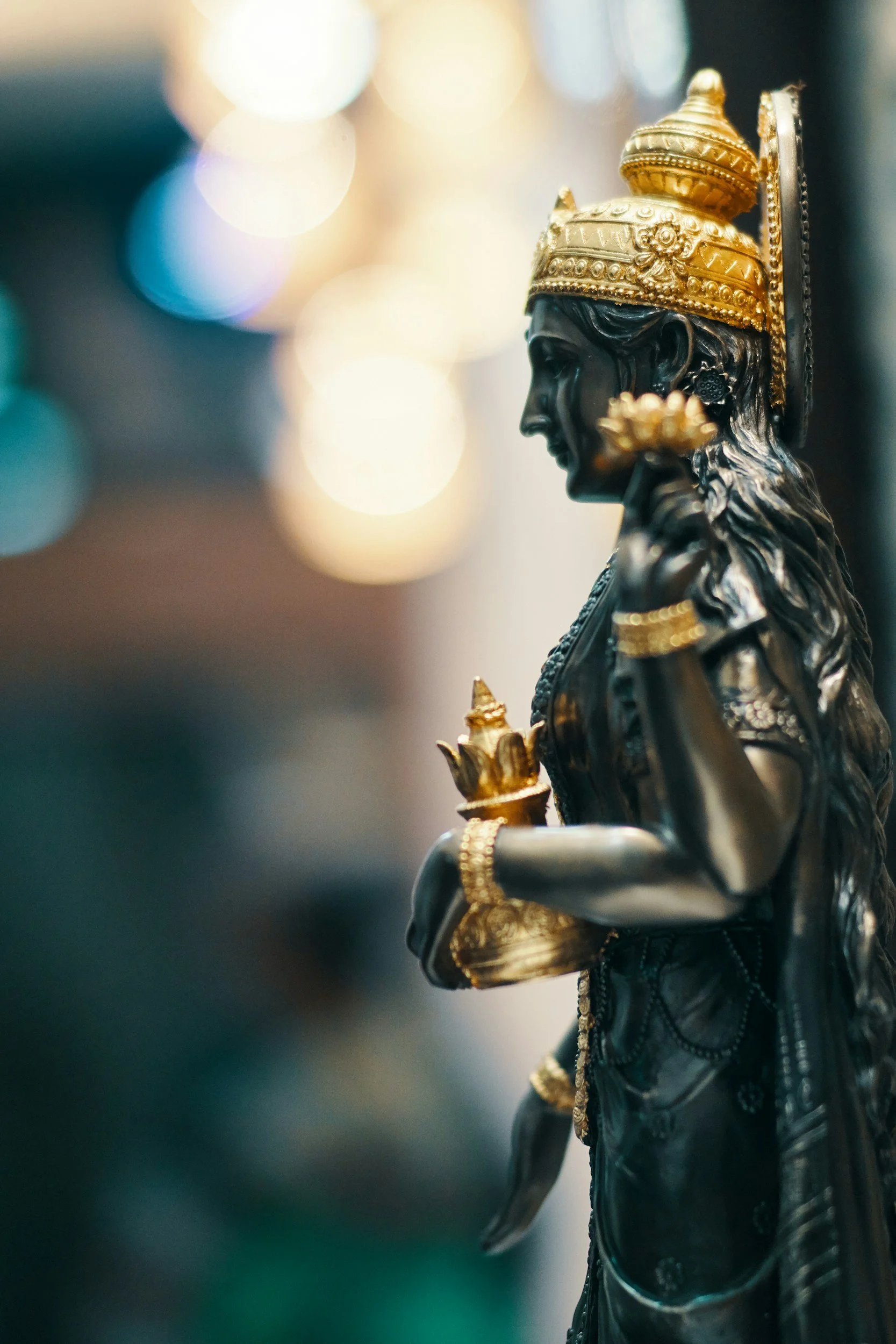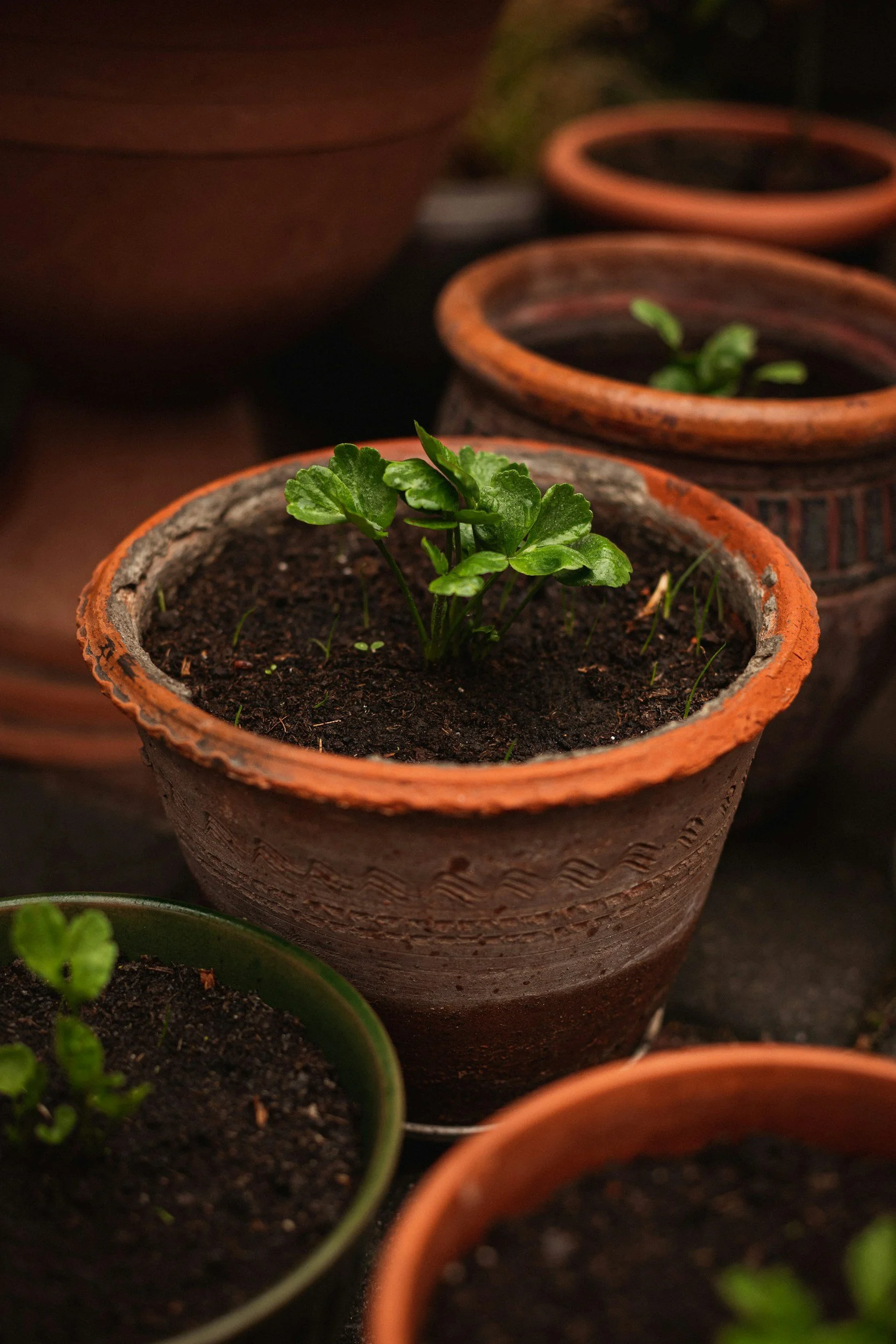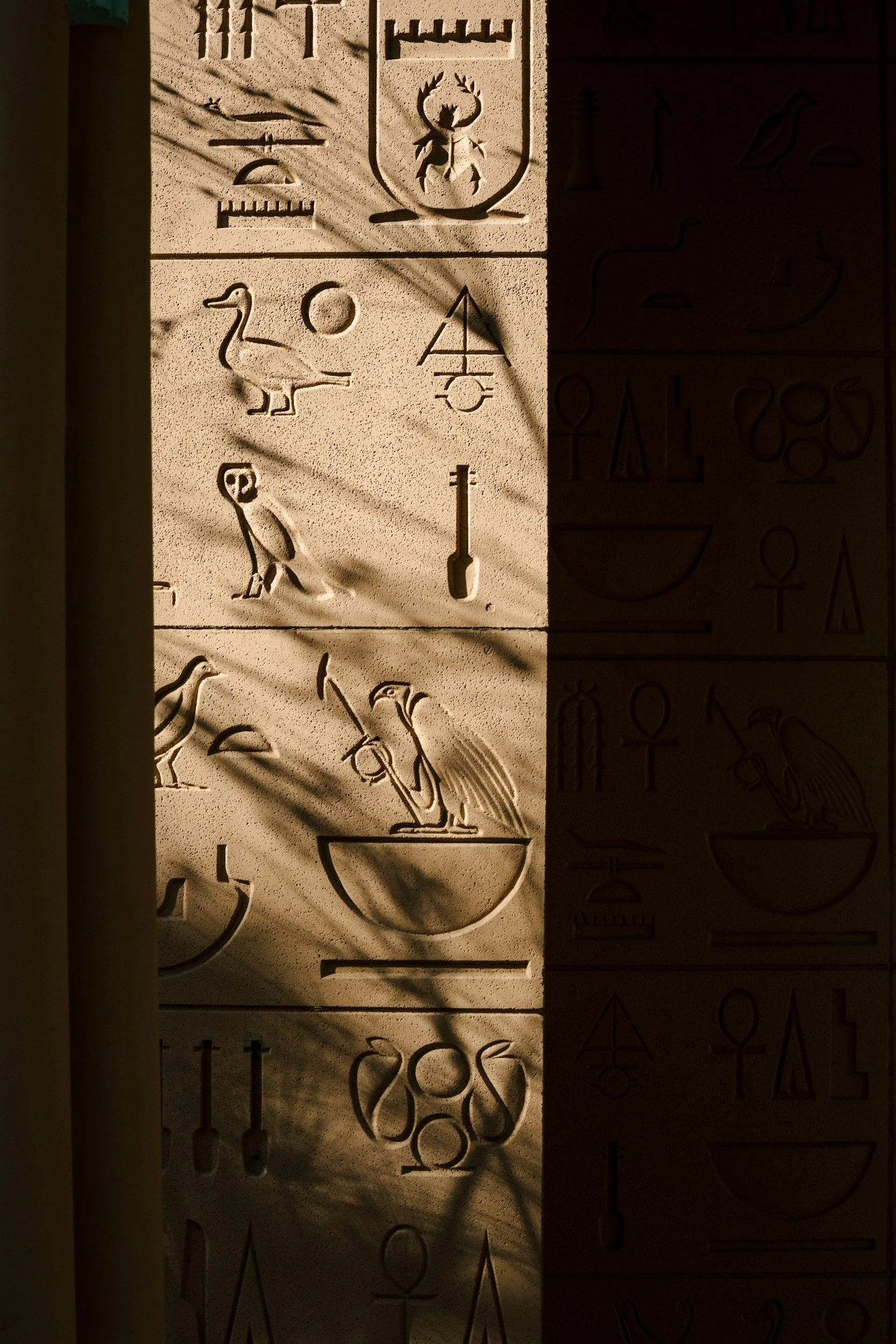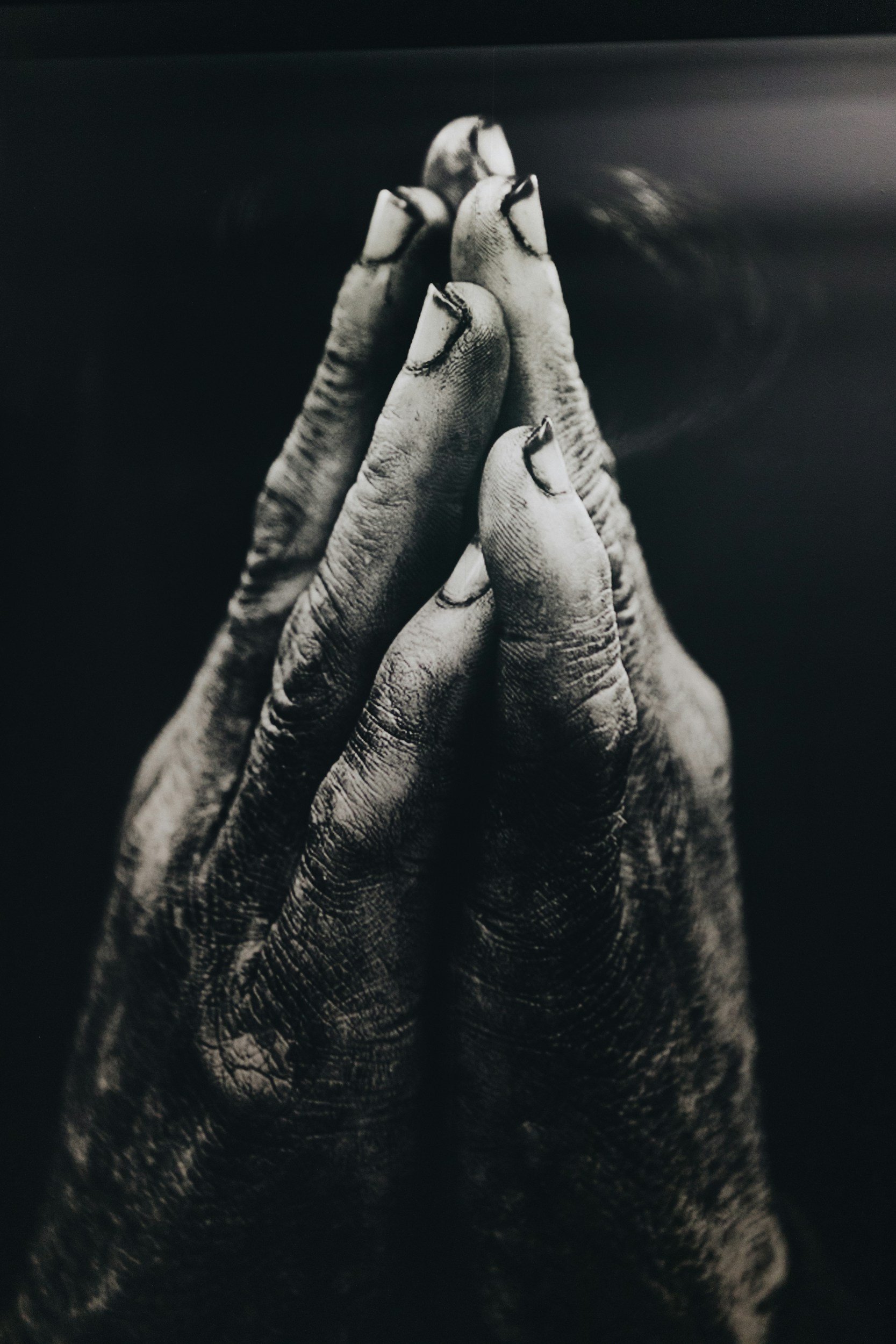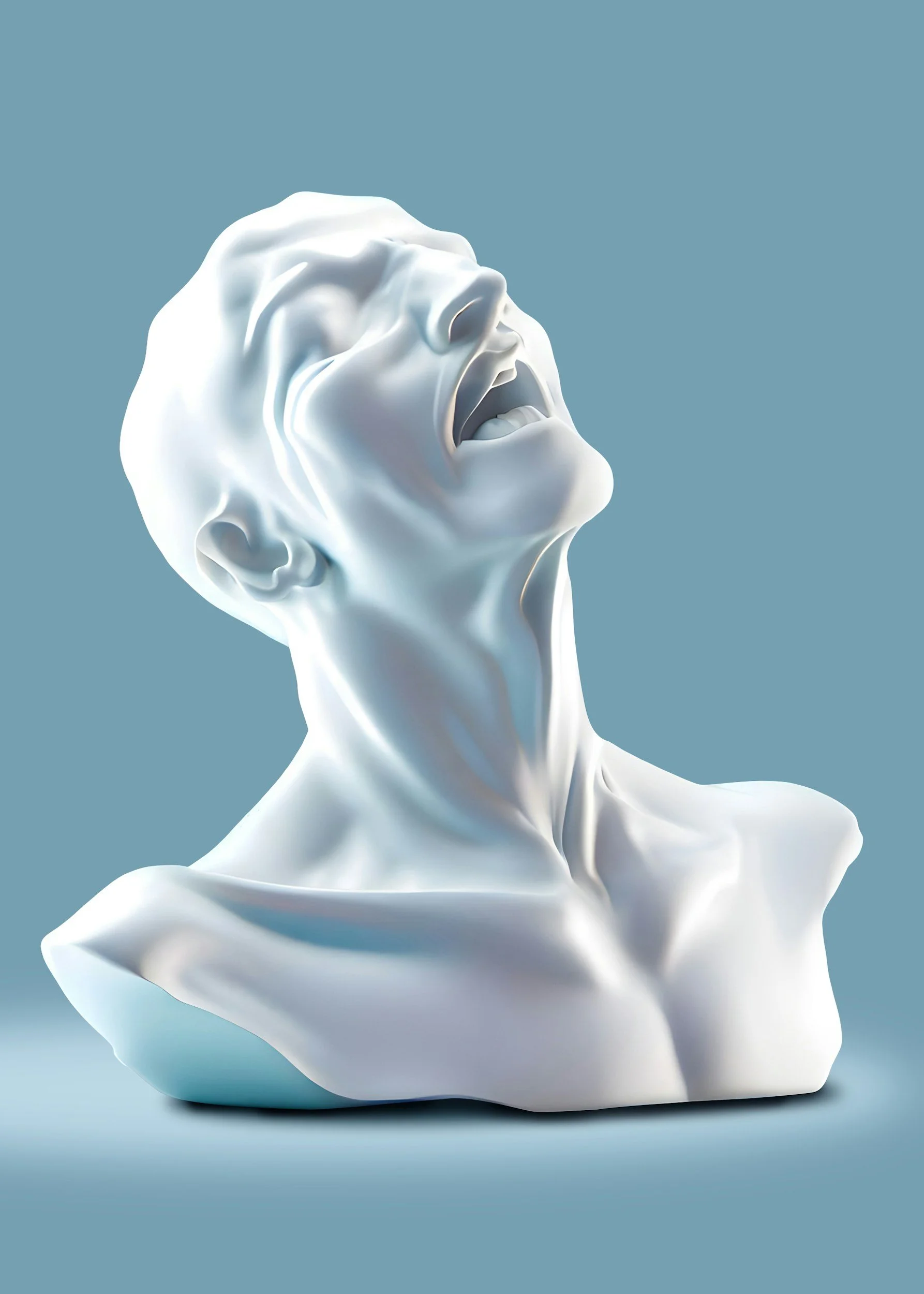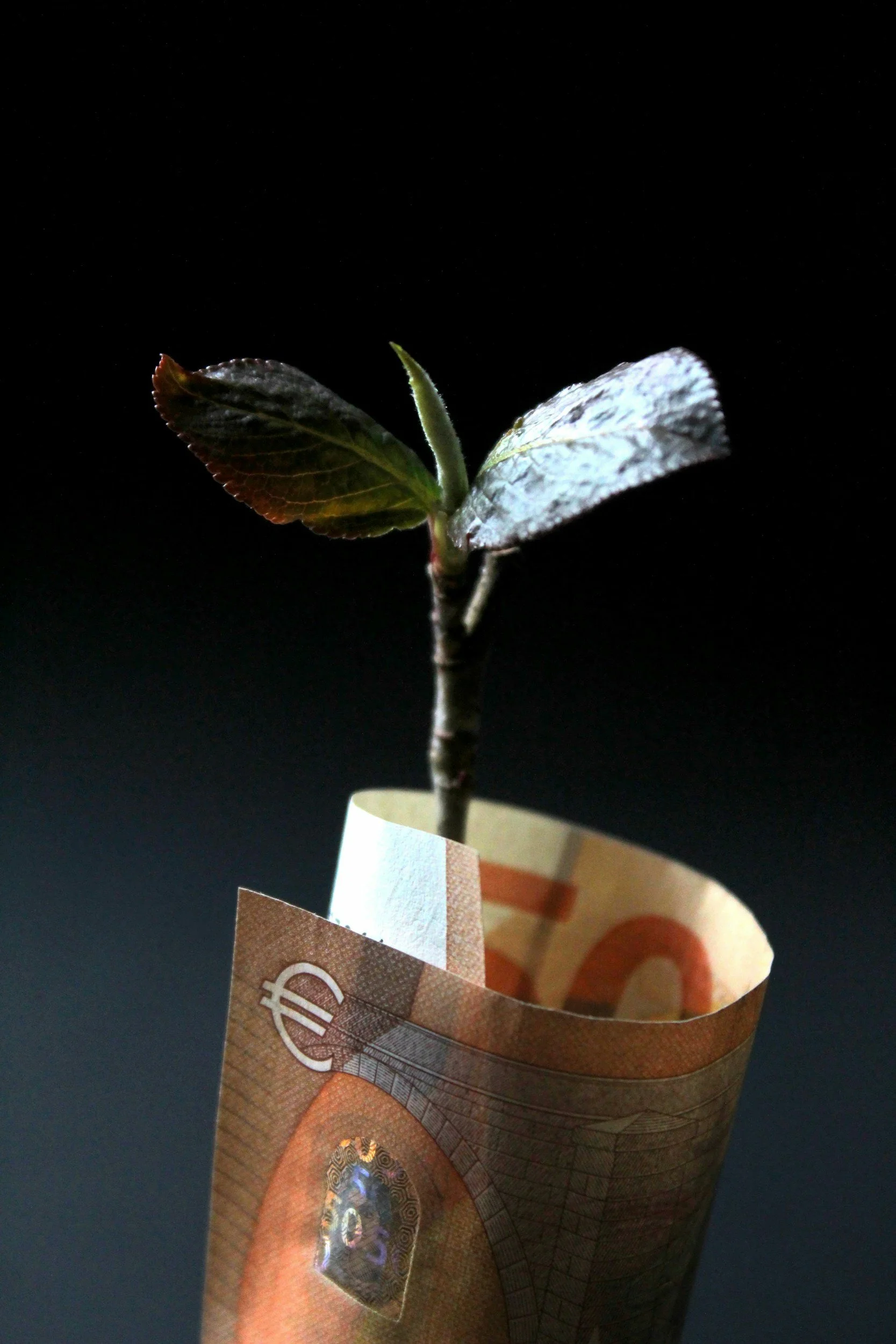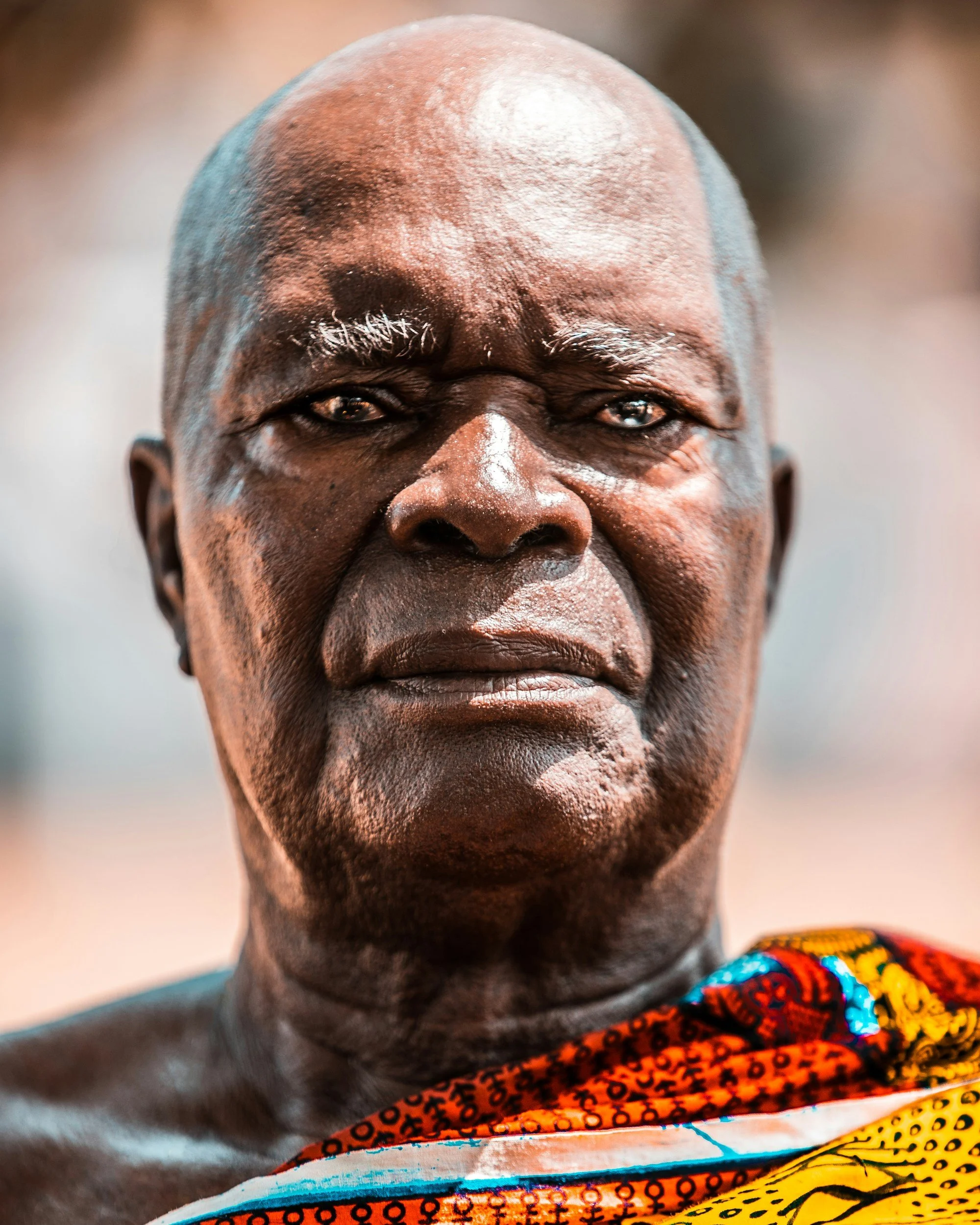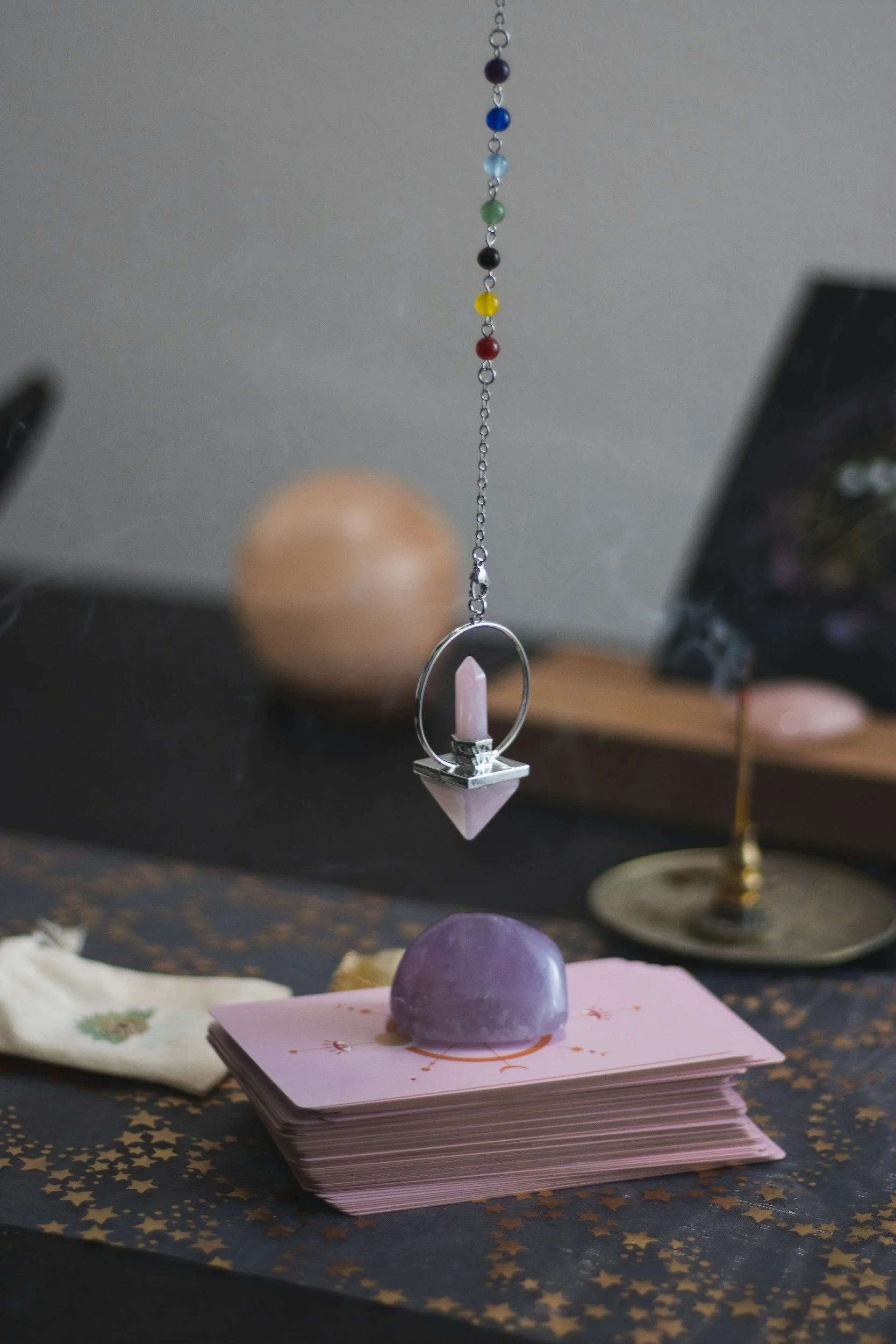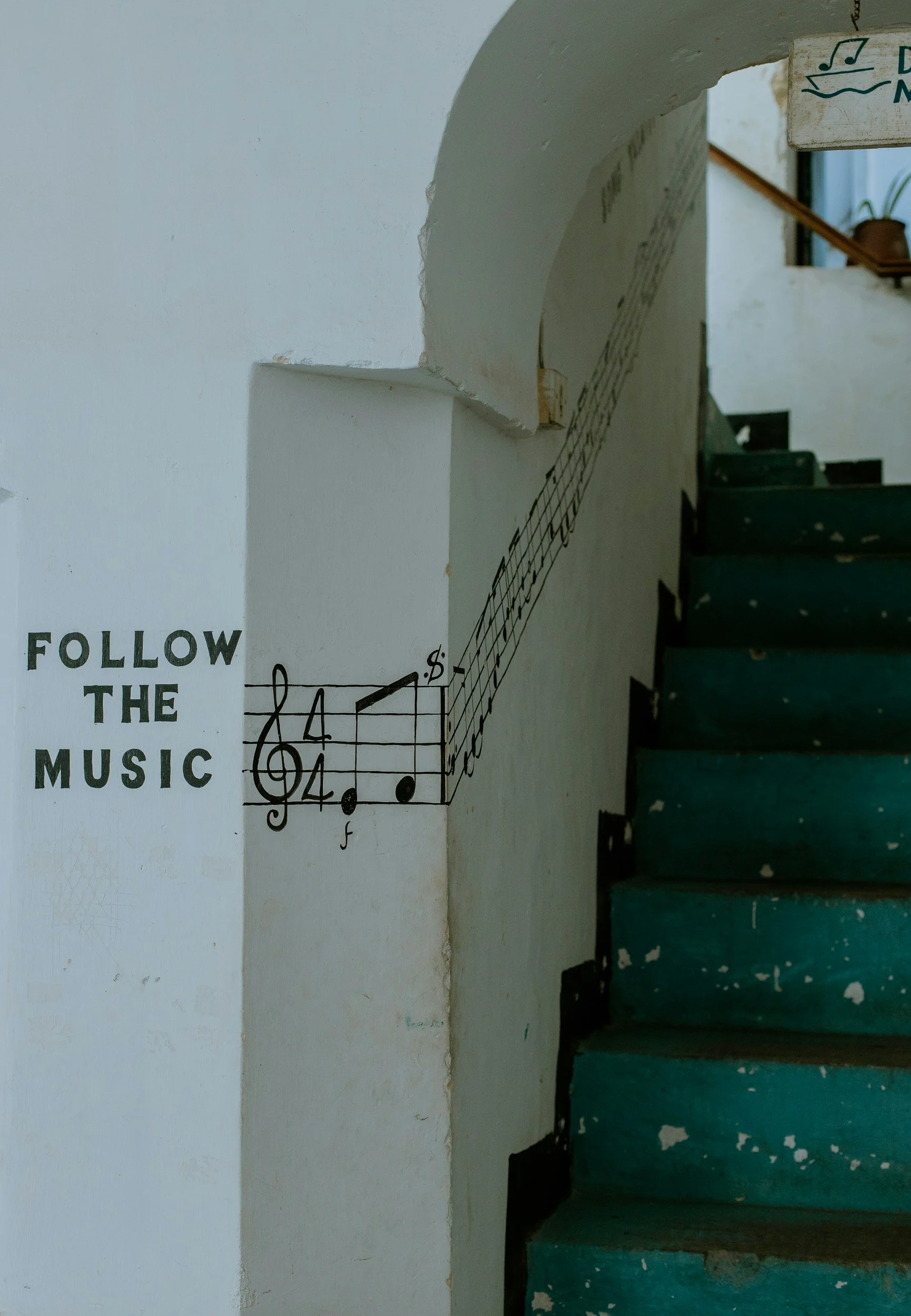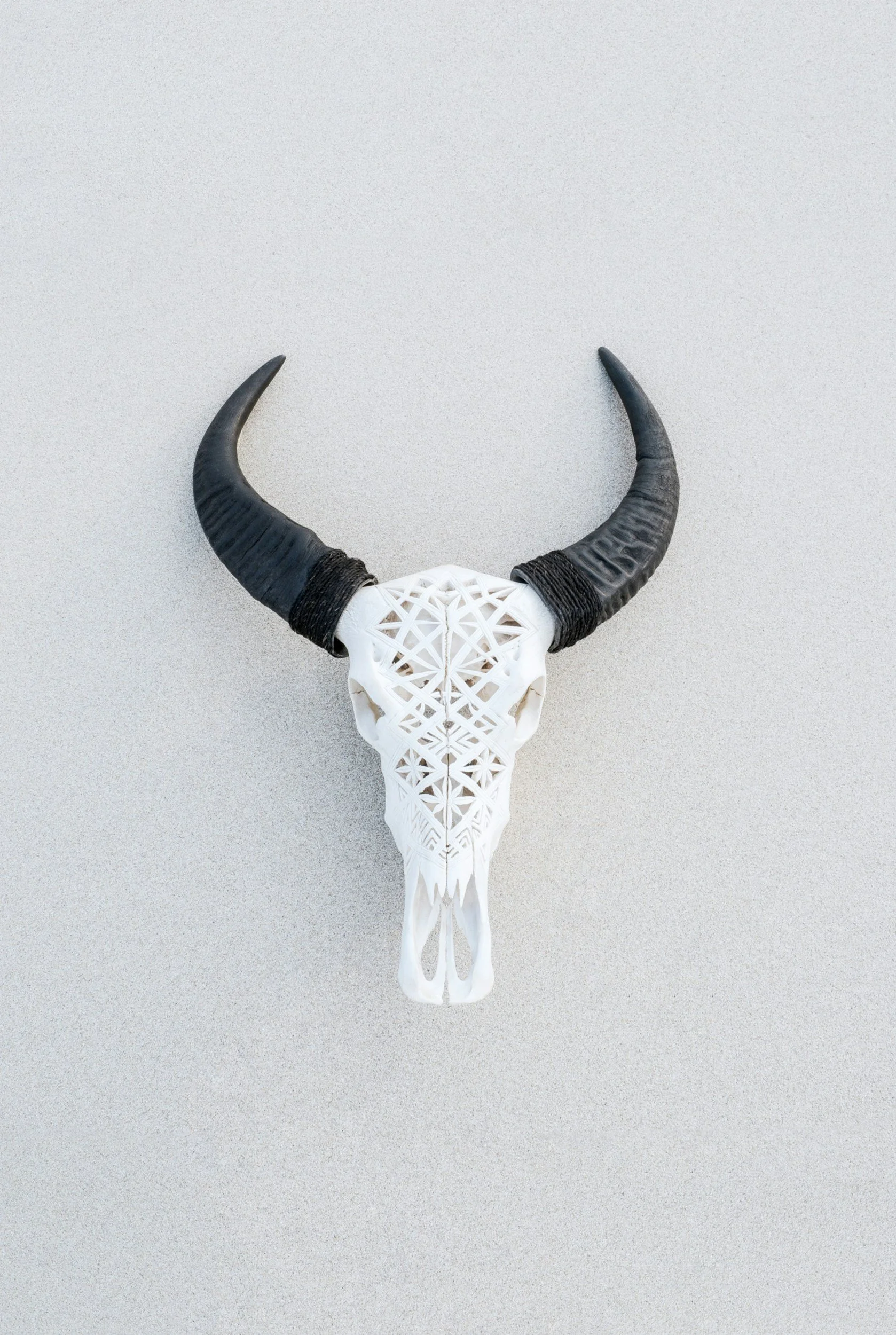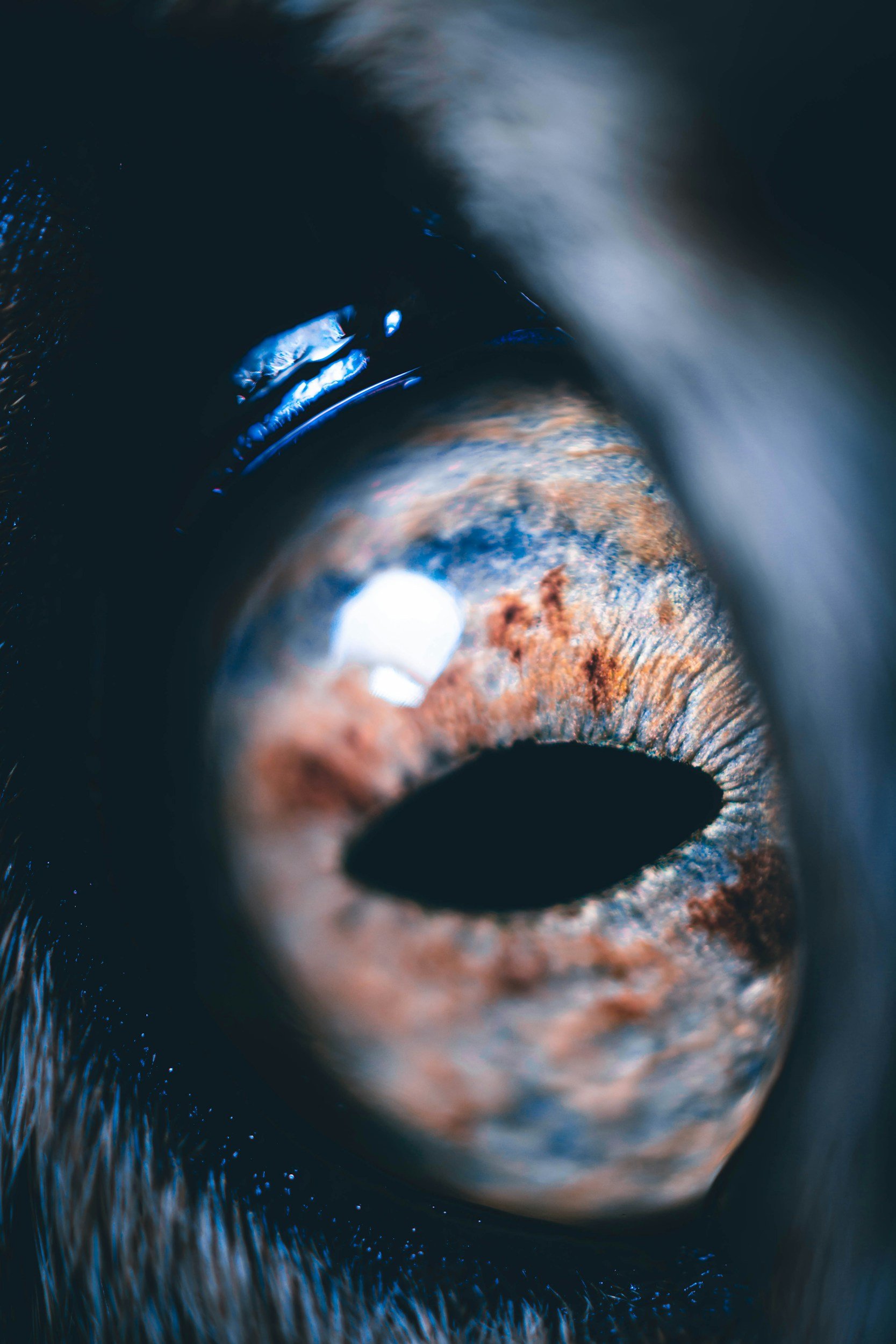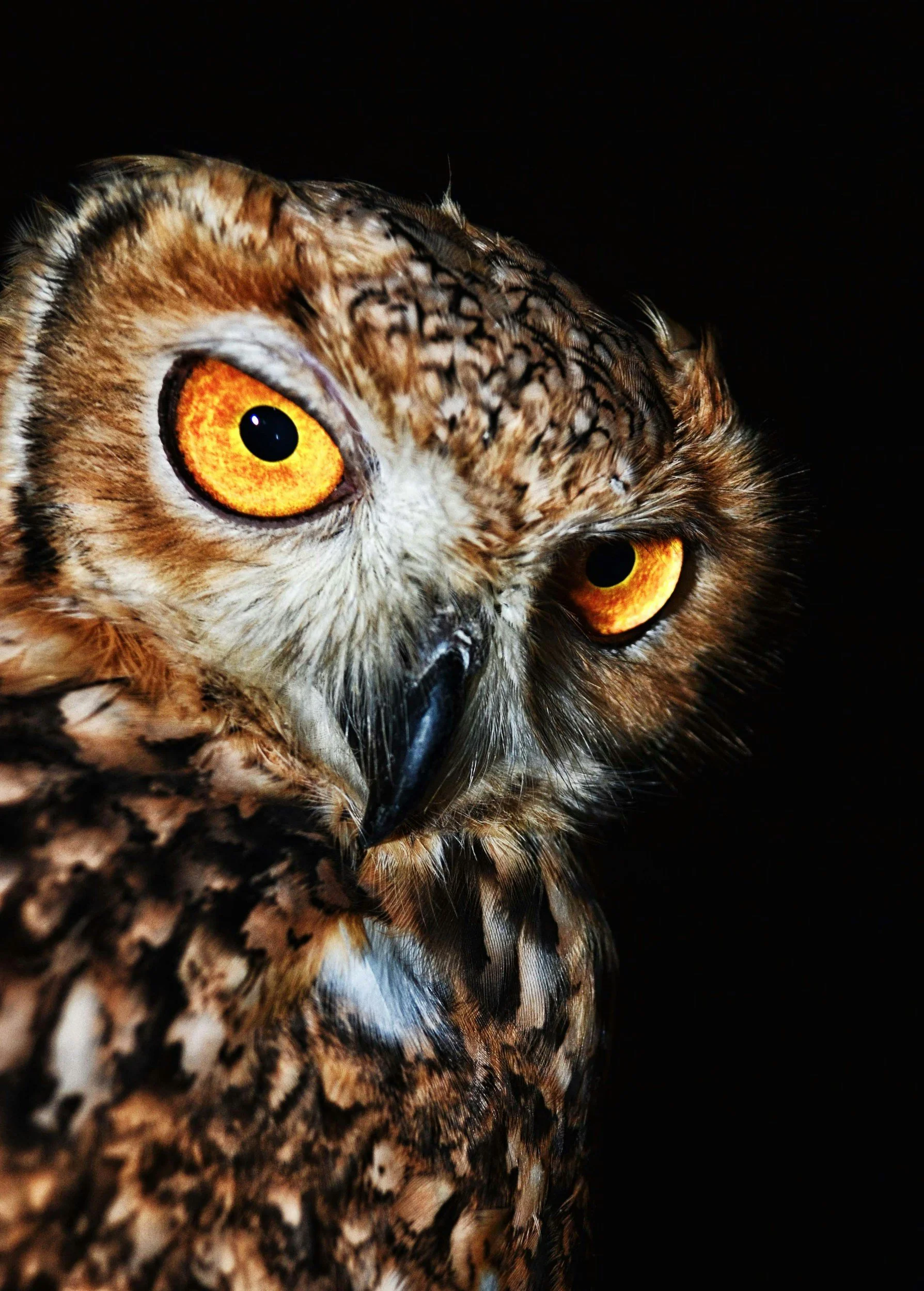A Simple Introduction to Odinani for the 21st Century Beginner
Imagine a group of blindfolded people each touching different parts of an elephant. One feels the trunk and thinks it's a snake, another touches the leg and believes it's a tree, while another feels the side and imagines a wall. Each person’s perspective is shaped by their limited experience, but together, they paint a fuller picture of the elephant.
This story mirrors the journey of understanding Odinani, the traditional science, and spiritual beliefs of Igbo people. Just as the blindfolded folks needed to share their experiences to grasp the whole elephant, modern practitioners of Odinani can benefit from exploring various aspects of this rich indigenous knowledge system to form a comprehensive understanding. In this post, we will highlight different key aspects of Odinani that we believe are important for new comers to be aware of.
What is Odinani?
Odinani, also known as Odinala, is the traditional spiritual and religious beliefs of Igbo people. It is also the indigenous knowledge system of Igbo people. Odinala is the Igbo way of being. It encompasses a wide range of practices, rituals, and customs that connect Ndi Igbo with their ancestors, deities, and the natural world (earth).
At its core, Odinani emphasizes living in harmony with the earth, honoring one's ancestors, and maintaining spiritual balance through rituals and ethical conduct. It involves the veneration of various deities, and ancestors, and the observance of taboos and laws that ensure purity and order in the community.
The Role of Rituals and Ceremonies in Odinani:
In Odinani, rituals and ceremonies are inevitable because they are essential for connecting with the divine, honoring ancestors, and maintaining spiritual, social, and environmental harmony. Most rituals pertain to purification, veneration and divination, as they key elements provide spiritual balance and healing, and ensure agricultural and environmental harmony. These practices also uphold moral and ethical guidance, reinforcing cultural heritage and continuity.
“By performing rituals, participating in the myth, one is being calibrated into alignment with supreme wisdom.” - Nze Chukwukadibia E. Nwafor, author of Leopards of the Magical Dawn: Science and the Cosmological Foundations of Igbo Culture.
The World Ages in Igbo Cosmology
Igbo cosmology speaks of UGA: four world ages, and each of them reflects different phases of human consciousness and spiritual evolution:
Uga Aka (Uga Okpu/Uga Mbu): The age of pure consciousness, where beings existed as pure energies.
Uga Chi: The age of harmony and purity, where human matter began to form, and there was no concept of death or sin.
Uga Anwu: The age of enlightenment, marked by questioning, shorter lifespans, and manipulation of energies.
Uga Azi: The age of ignorance and wickedness, characterized by crime, pestilence, and lower consciousness.
Understanding and being aware of these ages can help 21st-century practitioners align their spiritual practices with the cycles of consciousness and growth.
Key Concepts to Understand in Odinani
Igo Mmuo & Igo Ofo (Communing with Spirits and Truth): Igo Mmuo is the practice of ancestral meditation, a way to commune with spirits and access higher realms of consciousness. Igo Ofo involves seeking and upholding truth and justice, represented by the symbol of Ofo. Together, these practices help maintain spiritual balance and integrity.
Ekwerem Agwu (Accepting One’s Spiritual Calling): Ekwerem Agwu is the acceptance of one's spiritual calling, especially related to the divine spirit known as Agwu, the spirit of divination and healing. Recognizing and embracing this calling through a simple form of ritual is essential for personal harmony with one’s spirit guides.
Ichu Aja (Ritual Sacrifice): Ichu Aja involves making ritual sacrifices to deities and ancestral spirits. These offerings are a way to show gratitude, seek guidance, and maintain a strong spiritual connection.
Izu Ano Mbosi Ano (The Four Market Days): The Igbo calendar is based on a four-day week system, with each day (Eke, Orie, Afo, Nkwo) having specific spiritual and communal significance. They are each associated with different deities and rituals.
Nso/Iwu Ala (Purity and Spiritual Hygiene): Nso refers to taboos, while Iwu Ala are the laws of the land. Both concepts emphasize purity, spiritual hygiene, and adherence to subjective traditional customs to maintain harmony with one’s energies and avoid spiritual contamination.
Ezumezu Mmuo (Spirit Guides): Ezumezu Mmuo refers to the spirit guides that assist a person on their spiritual journey. Recognizing and communicating with these guides can provide wisdom, protection, and support in one’s alignment journey.
Chi (The Personal Force or Spirit): Chi is the personal force or divine spark within each individual. It encompasses various layers, including Agwu, which influences one's destiny and spiritual calling, and the market day a person was born. Understanding and aligning with one's Chi is crucial in Odinani for spiritual growth.
Encouragement for the Modern Practitioner
You Are Not Alone: Embarking on this journey may seem daunting, but remember that you are not alone. The spirits of your ancestors, and your Chi are always with you, alongside other practitioners who are actively offering guidance and support online.
Do Not Be Afraid: The unknown can be intimidating, but Odinani is not the unknown. In fact, it is basically daily life as it is on earth. Odinani or Odinala means As It Is On Earth. It contains teachings that provides a framework to navigate life with wisdom and courage. Walk your spiritual path with an open heart and mind.
Ancient Principles and New Frameworks: While Odinani is rooted in ancient principles, it is adaptable to the modern world. Feel free to integrate traditional practices with contemporary understanding to create a balanced and relevant spiritual path for yourself.
Be Patient: Spiritual growth is a journey, not a destination. Be patient with yourself as you learn and evolve. Trust the process and allow your understanding to deepen over time.
Final Thoughts
Com. Emeka Ajoko (2011) of Umuduruemeruo Umunumo Amandugba of Isu LGA in Imo state has accurately articulated Odinala as:
“…the ancient religion of the [Igbo] people that connect mmadu (human beings) to Chukwu (God) through Chi (personal spiritual guardian or providence). It is an ancient sacred science that enables people to live in peace, love and harmony with Chukwu (God), Chi (personal providence) and Arushi (the supernatural forces) on their way back to the eternal. Like all religions, Odinala is the vehicle used by its practitioners (Dibias or priests) and spiritual students (followers of the religion) to understand their World (called "Uwa"), or more specifically, the part of the World that affects them – which is to say the dryland on which the people live and gather sustenance. I call it "a gifted spiritual route". (para. 5-6)
Odinani contains a rich spiritual tradition that remains relevant in the 21st century, but that is not all it contains. You may find that most people explore Odinani with a spiritual emphasis, which is why we highlighted certain concepts—such as Igo Mmuo, Ekwerem Agwu, Ichu Aja, Izu na Mbosi Ano, Nso, Ezumezu Mmuo, and Chi— so that you can cultivate a deep and meaningful spiritual practice. This is because Odinani is simply the Igbo way of being, and Igbo culture is rooted in the belief that the spiritual realm (Ala Mmuo) and the physical realm (Ala Mmadu) are intricably connected, one cannot exist without the other. That is why it’s always important to start there, because alignment with one’s spiritual path makes room for everything else to flow with ease.
Remember, you are not alone on this journey. Take advantage of the wisdom embedded in Odinani, trust in your spiritual guides, and be patient with your growth. Through Odinani, you can connect with your higher self and the divine forces that shape our existence. We have also covered so many more Odinani centered topics on this blog, for those who want a more in-depth insight, feel free to check it out. Leave us a comment below, if there are any topics or questions you want us to cover on this blog. Yagazie!
Recommended Resources:
A Simple Introduction to Odinani—Audiobook | Oma’s Odinani Mystery School (YouTube)
Rookie Mistakes to Avoid in Odinani | Oma’s Odinani Mystery School (YouTube)
An Introduction To Odinani | Odinani: The Sacred Arts & Sciences of the Igbo People (Article)
Igbo Cosmology | Odachi Nne Eke | Full Film with Commentary | Sirius Ugo Art (YouTube)


